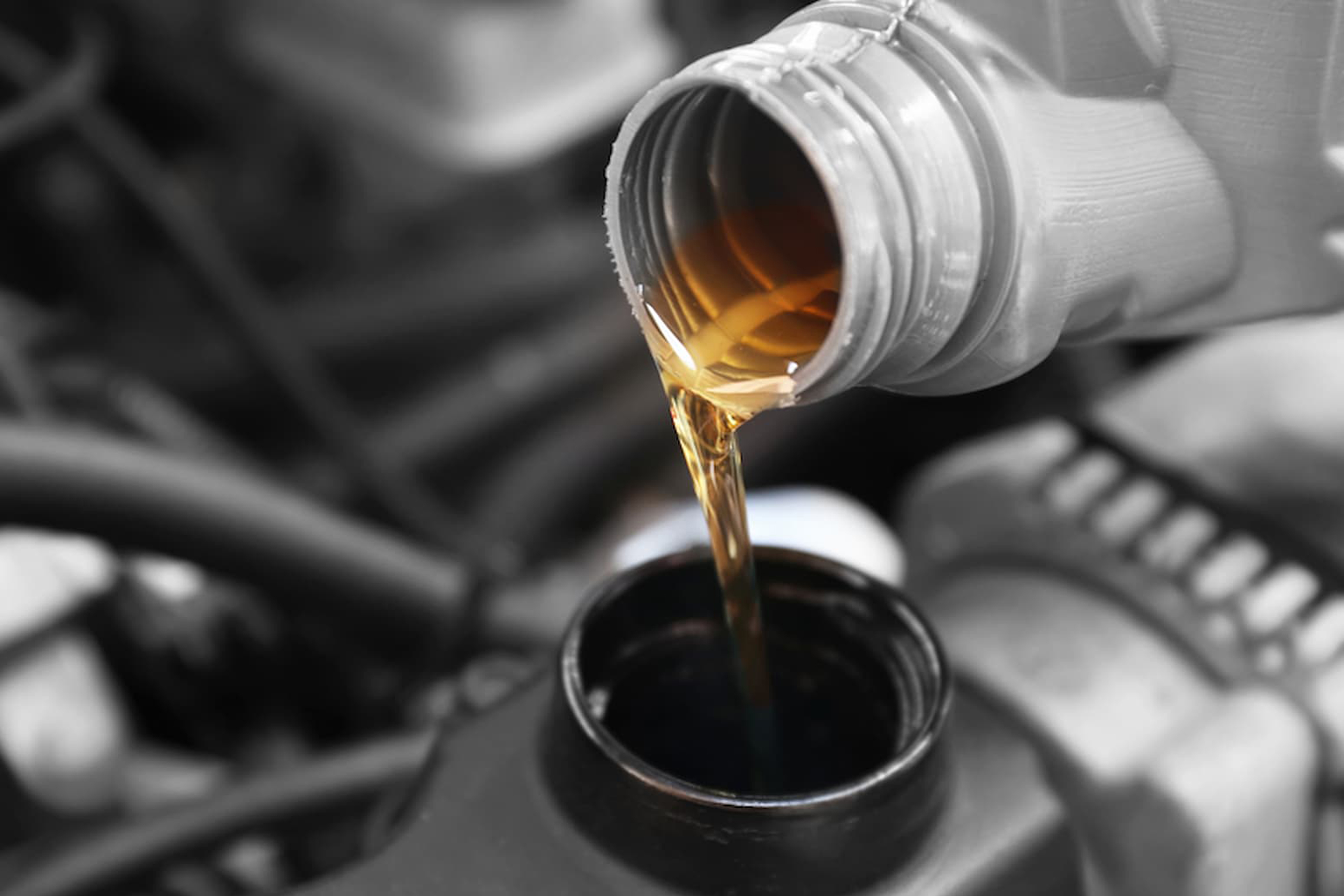There has always been a debate among car owners about the best time to change engine oil – whether it should be done when the engine is hot or when it is cold. In this article, we will explore this topic and provide you with some insights to make an informed decision.
The Importance of Oil Viscosity
Oil viscosity plays a significant role in the efficiency and performance of your engine. When the oil is hot, its viscosity becomes thinner, allowing it to drain more quickly and completely out of the engine. On the other hand, cold oil has a thicker viscosity, making it drain slower and less completely.
According to most oil experts, it is better to drain the oil when it is hot. This ensures that the oil drains more effectively, taking with it any contaminants that may have settled in the engine. Additionally, draining the oil when it is hot helps to prevent any residues from accumulating in the engine over time.
Letting the Engine Cool Down
While it is recommended to change the engine oil when it is hot, it is important to let the engine cool down before adding new oil. This allows the engine to reach a safe temperature and prevents any potential injuries caused by hot components.
It is suggested to wait for around 30 minutes to an hour after turning off the engine before beginning the oil change process. This ensures that the engine is not too hot to handle and reduces the risk of accidents or burns.

Credit: www.dieselarmy.com
Credit: driven2drive.com
Expert Recommendations
Many automotive experts like MotorTrend, J.D. Power, and Mobil™ recommend changing engine oil when it is hot. They emphasize the importance of oil viscosity and the benefits of draining the oil effectively.
Additionally, running the engine for two to three minutes before the oil change can help warm up the oil and speed up the process. However, it is crucial to avoid attempting an oil change when the engine is red-hot, as this can lead to safety hazards.
Conclusion
In conclusion, it is generally advised to change engine oil when it is hot. The thin viscosity of hot oil allows it to drain more effectively, taking contaminants with it and preventing residues from accumulating in the engine.
However, it is important to let the engine cool down for a sufficient amount of time before beginning the oil change process. This ensures safety and reduces the risk of injuries caused by hot engine components.
Always remember to follow the manufacturer’s recommendations regarding oil change intervals and consult a qualified mechanic for any specific concerns.
| References |
|---|
| 1. MotorTrend – Change Engine Oil Hot Or Cold? |
| 2. J.D. Power – How Long To Let Engine Cool Before Adding Oil? |
| 3. Mobil™ – Checking Motor Oil Levels |
Read More:
